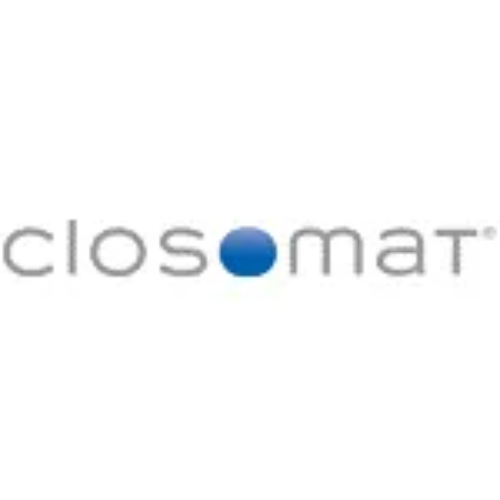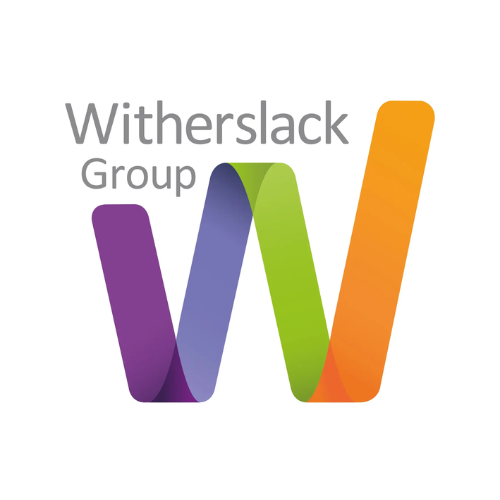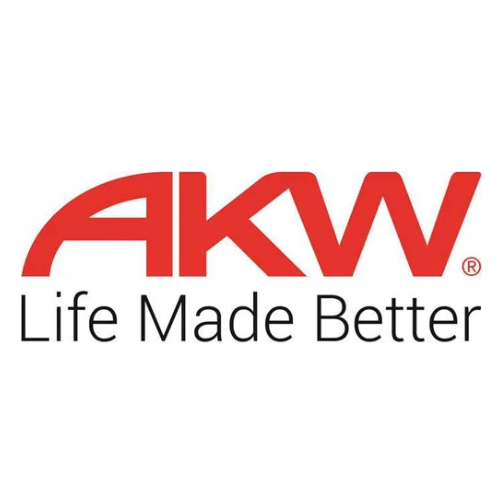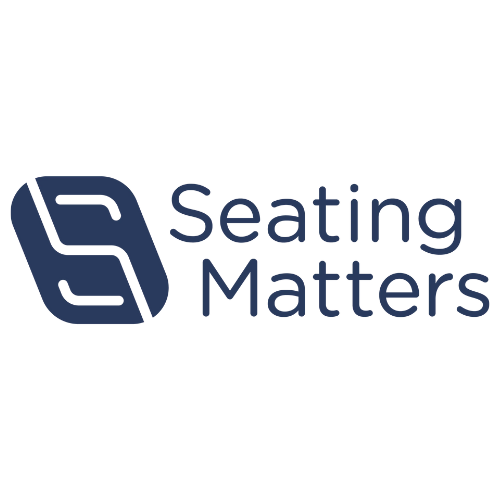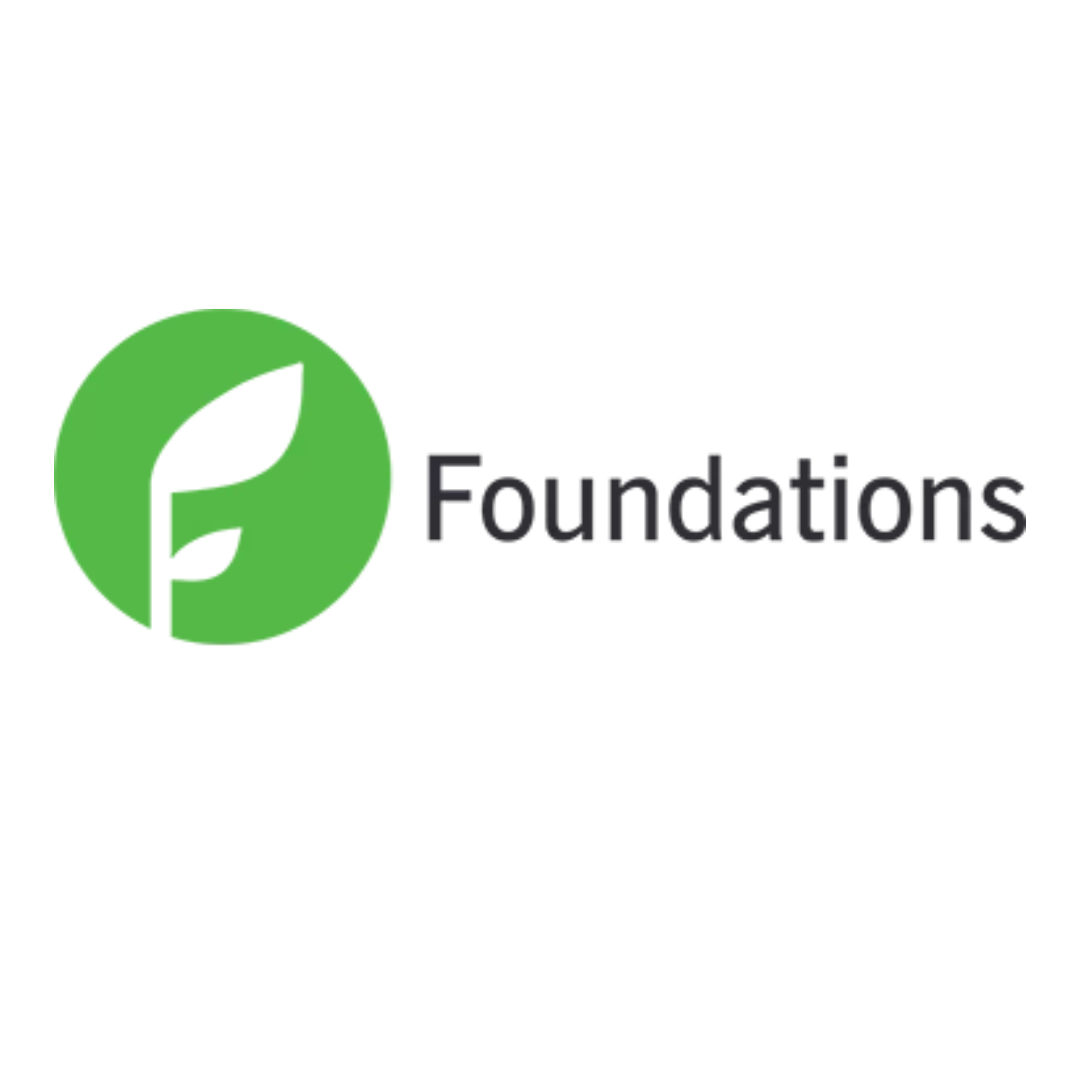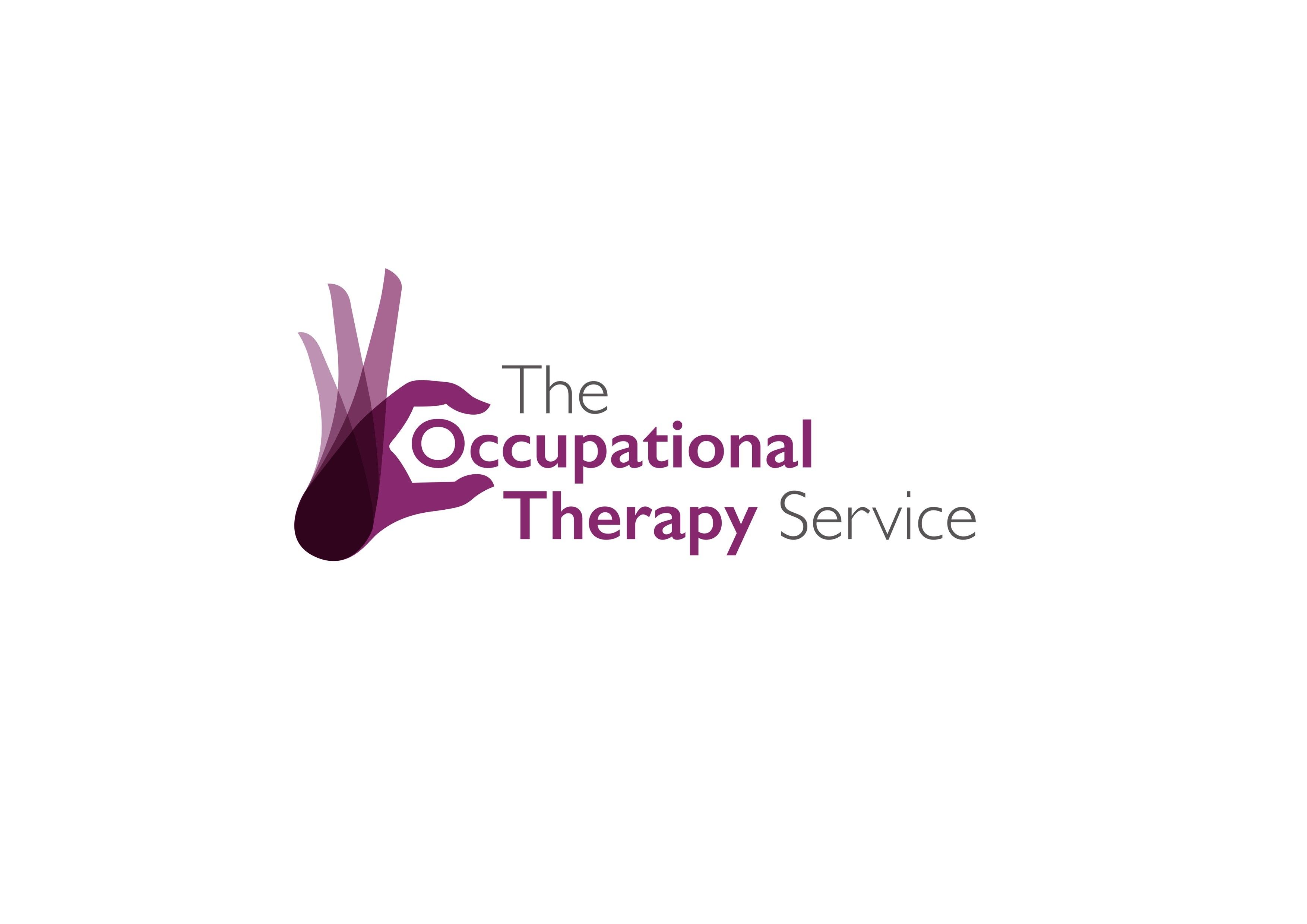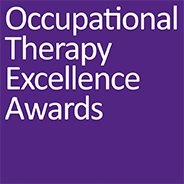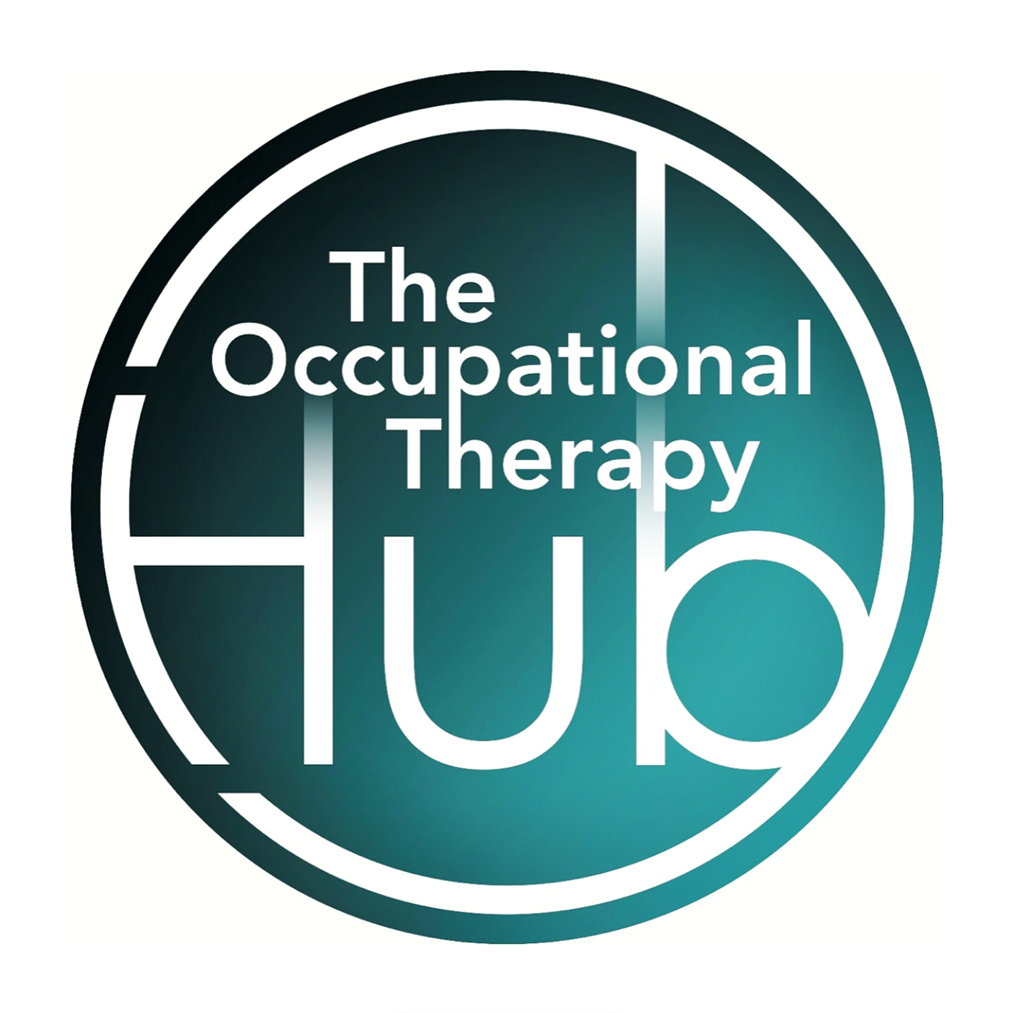Why Occupational Therapists Love Occupational Performance Coaching (OPC)
)
Developed by Dr Fiona Graham at the University of Otago, OPC is a highly person‑centred coaching method that fosters meaningful change through reflective, goal-oriented conversations and practical strategies that clients themselves help to craft. Anchored in the principles of autonomy, competence, and relatedness, OPC positions clients - not therapists - as agents of their own change. This aligns directly with the core values of occupational therapy: empowering individuals to engage in meaningful occupations and live fulfilling lives.
OPC was initially created for OTs working with parents of children who have developmental disabilities, but its adaptable, empowering qualities have seen it adopted across a wide range of rehabilitation professions, client groups, and ages.
Evidence speaks: OPC works
High-quality research demonstrates OPC's effectiveness across diverse contexts:
· Randomised controlled trials show improvements in goal performance, occupational engagement, and parental self‑efficacy in families with children with autism spectrum disorder, cerebral palsy, stroke survivors, and more.
· Pilot studies with people living with multiple sclerosis indicate OPC is both feasible and potentially effective for managing fatigue and improving quality-of-life outcomes.
· Parent coaching using OPC leads to meaningful gains in children’s participation, engagement, and parent-support strategies - and boosts parents’ confidence and emotional well-being.
These findings reflect OPC’s capacity to support sustainable, client-driven change in real-world lives.
OPC’s key strengths for Occupational Therapists
· Respect for client autonomy – OTs act as facilitators, not directors, empowering clients to identify and pursue personally meaningful goals.
· Structured yet flexible – OPC follows a framework (Connect, Structure, Share, Act, Evaluate, Generalise), while allowing therapists to adapt details to individual client needs.
· Scalable across contexts – Though rooted in paediatric OT, OPC’s approach translates effectively to adult rehab, stroke recovery, mental health, and more.
· Evidence-driven outcomes – A growing body of clinical and feasibility studies supports OPC’s impact, from performance gains to improved self-efficacy and participation.
Leadership in OPC training: Dr Áine O’Dea PhD
In the UK and Ireland, OPC training is still rare. Radiance Consulting proudly notes that Dr Áine O’Dea PhD is one of only two certified OPC Trainers across both regions. With over two decades of OT experience, a PhD in Population Health and Health Services Research, and a postgraduate diploma in Clinical Supervision, Dr O’Dea delivers OPC training with both depth and precision.
Whether through Radiance Consulting or at events like the OT Show, where Radiance is a featured exhibitor, Dr. O’Dea brings OPC to Allied Health professionals across public and private settings with clarity, evidence-based expertise, and practical impact.
About Radiance Consulting
Radiance Consulting delivers specialised training, clinical supervision, and transformative coaching to allied health professionals. Led by internationally renowned OT Dr . Áine O’Dea PhD, Radiance empowers therapists to thrive in their practice, elevate client outcomes, and integrate evidence-backed interventions like OPC into everyday work.
Media Contact:
Radiance Consulting Ltd.
Email: andy@radianceconsultinghub.com
Website: radianceconsultinghub.com
Why OTs Love OPC in a Nutshell
· Client-centred empowerment - OPC puts clients in control of their own progress.
· Evidence-backed - Research consistently demonstrates OPC’s effectiveness across diverse populations.
· Transferable in practice - OPC fits naturally into OT’s holistic, occupation-focused model.
· Exceptional training available - With Dr Áine O’Dea, OTs in the UK and Ireland access rare, world-class OPC training.




